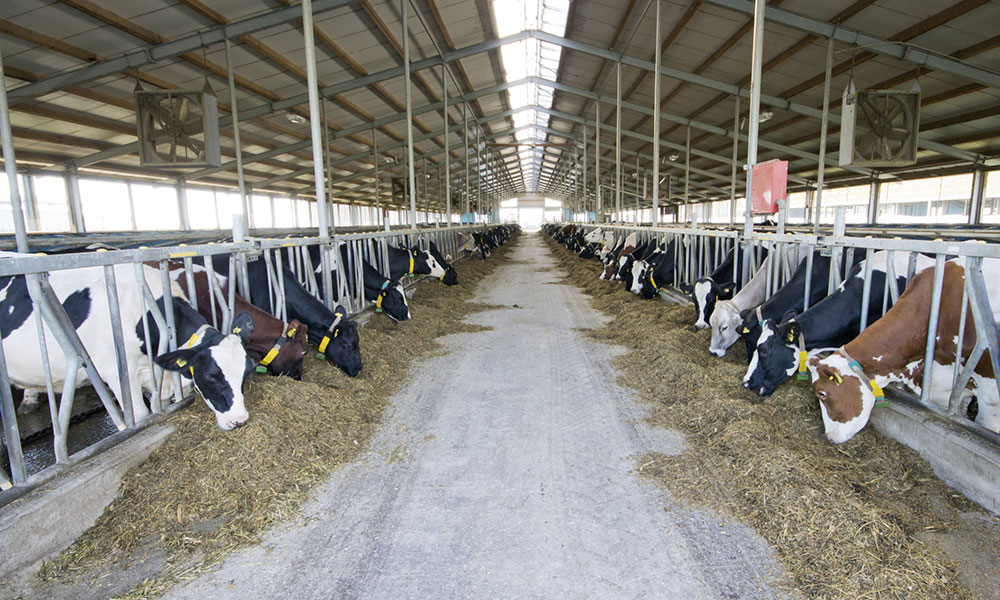
Idaho Dairy Farmers Dispute Censorship Claims
United Dairymen of Idaho moved quickly this week to respond to criticism that it had encouraged members to deny media access to their farms. The dust-up is one bit of fallout from a new industry-backed law that bans filming at agricultural facilities without permission.
Six months after a controversial state law governing media coverage of farm operations took effect in Idaho, the state’s dairy farmers are struggling with a question of access—and that’s causing big headaches for the industry.
Idaho’s so-called ag-gag law makes it illegal to make secret recordings at farms and other agricultural facilities—a technique often used by animal-rights activists documenting cases of animal abuse. A lawsuit challenging the law on free-speech grounds was filed in March by a large group of plaintiffs including animal-rights, environmental, and civil liberties organizations, as well as academics, investigative journalists, and others.
The issue gained a fresh whiff of controversy this week when the Associated Press (AP) received, from an anonymous sender, a copy of a letter—intended for family-owned dairy farms in the state—written by Tom Dorsey and Tony Vanderhulst, the co-chairmen of the United Dairymen of Idaho. The letter noted that farms have been receiving in increasing number of media requests for tours and interviews since the law took effect, and it discouraged members from granting them. The letter, which was labeled confidential, offered farms advice on the best way to deny media requests or forward them to the association.
For a business to have a disruption with the media coming in, it’s easier to know they have the ability to have someone to help coordinate it.
“We are working to confine and contain the nature of the requests, but encourage you to remain alert for unexpected visits to your farms,” the letter stated.
The resulting AP report confirmed that roughly 500 families in the state had received the letter.
Coordination, Not Censorship
Dairy-industry groups responded quickly, insisting that it wasn’t as bad as it looked. Rather, the idea was to help the industry by better coordinating how members respond to media requests.
“We really encourage our producers to have media on their operations. We think it’s important to showcase our operations,” said Bob Naerebout, executive director of the Idaho Dairymen’s Association (IDA), in comments to KMVT-TV. “But we also have to understand these are businesses. And for a business to have a disruption with the media coming in, it’s easier to know they have the ability to have someone to help coordinate it.”
Meanwhile, United Dairymen CEO Karianne Fallow said the group’s motives were misunderstood, adding that “it is not the intention of the United Dairymen of Idaho to deny media access to Idaho dairies.”
“We welcome requests for dairy tours for the purpose of educating the public about our industry and, in fact, organizing on-farm tours is one of our primary roles,” Fallow said in a prepared statement. “Our goal is to do so in a coordinated way and provide assistance to our farmers in support of the Gem State’s dairy industry.”
Meanwhile, the Idaho chapter of the American Civil Liberties Union questioned why the letter was sent in the first place, noting that it’s common for dairy farmers to offer public tours of their facilities.
“If there’s really a problem with the press and others visiting these farms, then the IDA should be figuring out why that’s a problem,” ACLU-Idaho attorney Ritchie Eppink told the AP. “There shouldn’t be anything that they’re scared to show people—this is our food supply.”
(iStock/Thinkstock)






Comments